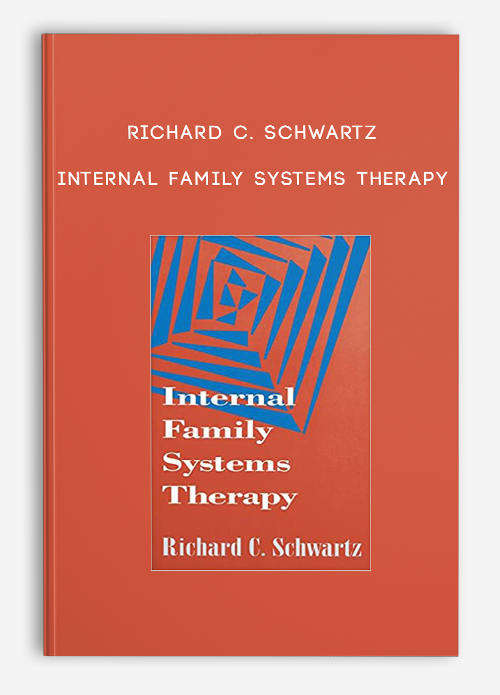
Internal Family Systems Therapy by Richard C. Schwartz
Description
- Origins of IFS – the work of Richard Schwartz, PhD
- A non-pathologizing, accelerated approach rooted in neuroscience
- Apply inner resources and self-compassion for healing
- How to heal implicit memory wounds
- Study limitations: small sample size, no control group
- Clinical considerations for clients experiencing abuse
The IFS Technique
Step 1: Identify the Diagnoses & Symptoms
- Assess the diagnoses: PTSD, anxiety, depression, substance abuse and eating disorders
- Apply meditation practices
- Find the symptom, focus on its fear
- Separate the person from the symptom
- Become curious about it
- Find the real story behind the symptom
Step 2: Gain Access to Internal Strengths & Resource for Healing
- Move from defensiveness to curiosity
- Access compassion to open the pathways toward healing
- Foster “internal attachment” work
- The “Self” of the therapist-countertransference redefined
Step 3: Healing of the Traumatic Wound
- Three phases to healing the wound:
- Witness the pain
- Remove the wounded part out of the past
- Let go of the feelings, thoughts and beliefs
Empowering IFS-Specific Grounding Techniques
- Flashbacks
- Panic attacks
- Suicide
- Dissociation
Would you like to receive Richard C. Schwartz – Internal Family Systems Therapy (IFS) ?
Description:
As a young therapist, I often struggled to get results. I avoided my client’s internal emotions and instead tried to control the difficult symptoms I was seeing – which led to heated arguments and frustration rather than progress.
When I started listening closely to my clients, I finally discovered the answer to healing and transformation …
As clients would talk about their different parts (and how the parts felt pain and emotions), I realized that was the key – we have to free each part from the trauma, abuse, attachment injuries and suffering that they feel.
Since I began developing Internal Family Systems (IFS) 30 years ago, it has been scientifically tested to be effective at helping a wide variety of mental health conditions – such as trauma, addiction, anxiety and depression – which is why it is one of the fastest growing approaches in therapy.
Hailed by Dr. Bessel van der Kolk, IFS will transform your clients’ lives as they learn to heal themselves. No more therapist directives or insights, rather IFS will provide a connection with your client that creates lasting healing.
In this recording – I want to give you the skills you need to use IFS, so you can improve what you’re doing in the therapy room – and see transformation in your clients’ lives.
Richard Schwartz, PhD
Lifestyle online course
More information about Lifestyle:
Lifestyle is the interests, opinions, behaviours, and behavioural orientations of an individual, group, or culture.
The term was introduced by Austrian psychologist Alfred Adler with the meaning of “a person’s basic character as established early in childhood”.
For example, in his 1929 book “The Case of Miss R.”. The broader sense of lifestyle as a “way or style of living” has been documented since 1961.
Lifestyle is a combination of determining intangible or tangible factors.
Tangible factors relate specifically to demographic variables, i.e. an individual’s demographic profile,
whereas intangible factors concern the psychological aspects of an individual such as personal values, preferences, and outlooks.
A rural environment has different lifestyles compared to an urban metropolis.
Location is important even within an urban scope.
The nature of the neighborhood in which a person resides affects the set of lifestyles available
to that person due to differences between various neighborhoods’ degrees of affluence and proximity to natural and cultural environments.
For example, in areas near the sea, a surf culture or lifestyle can often be present.


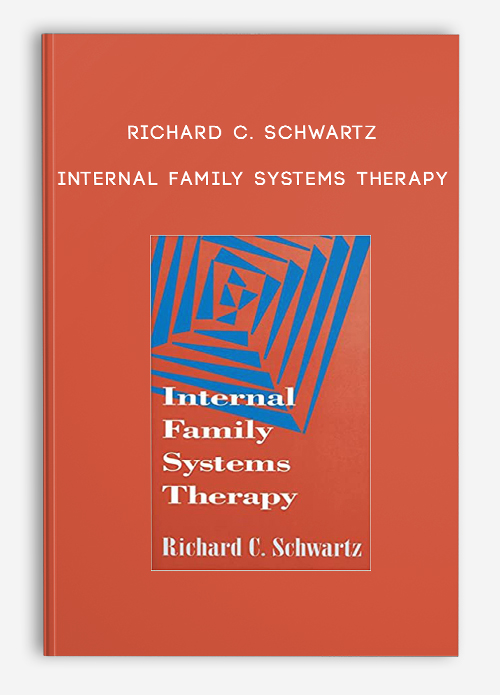


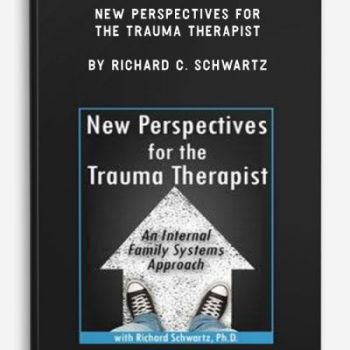


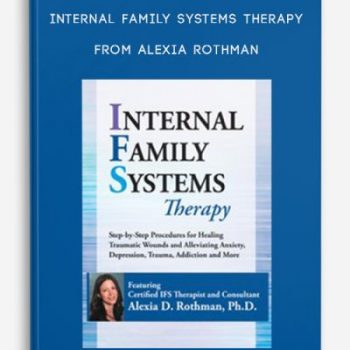


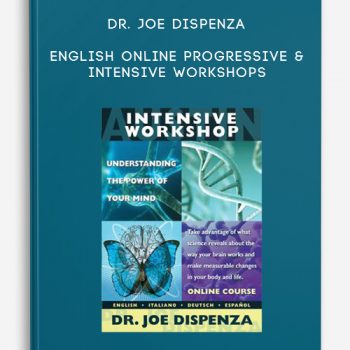

tristian –
This is Digital Download service, the course is available at Coursecui.com and Email download delivery.